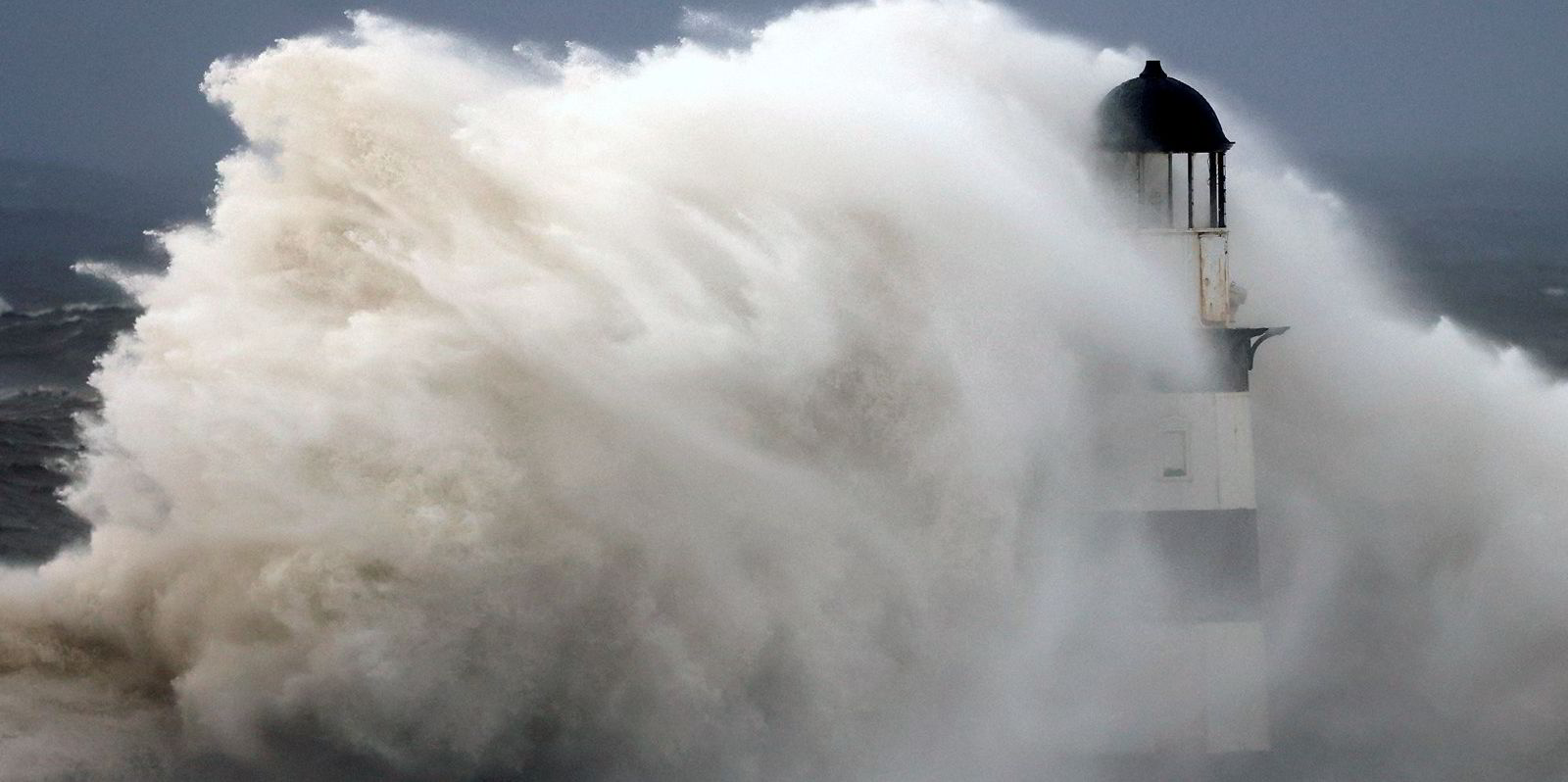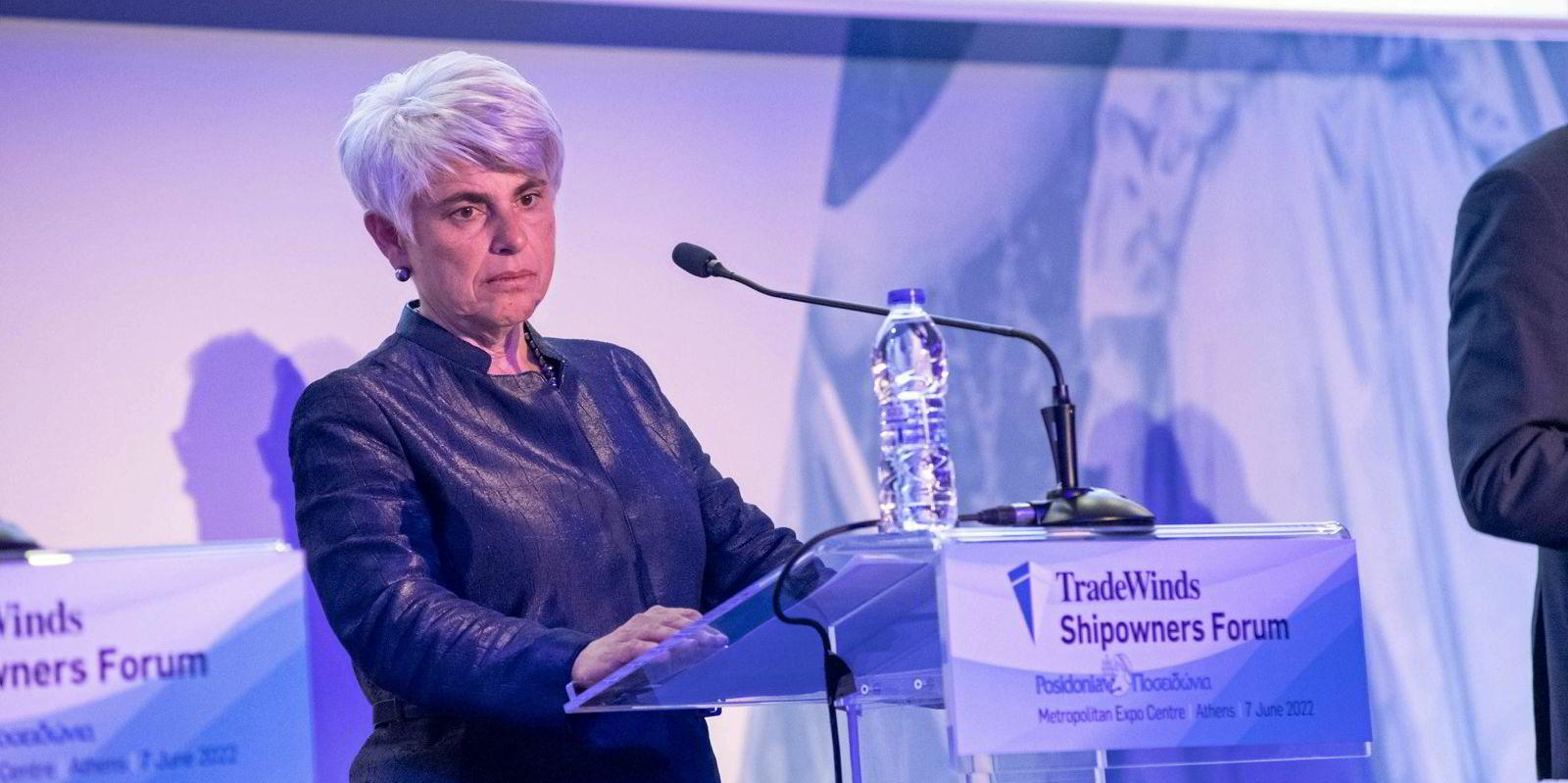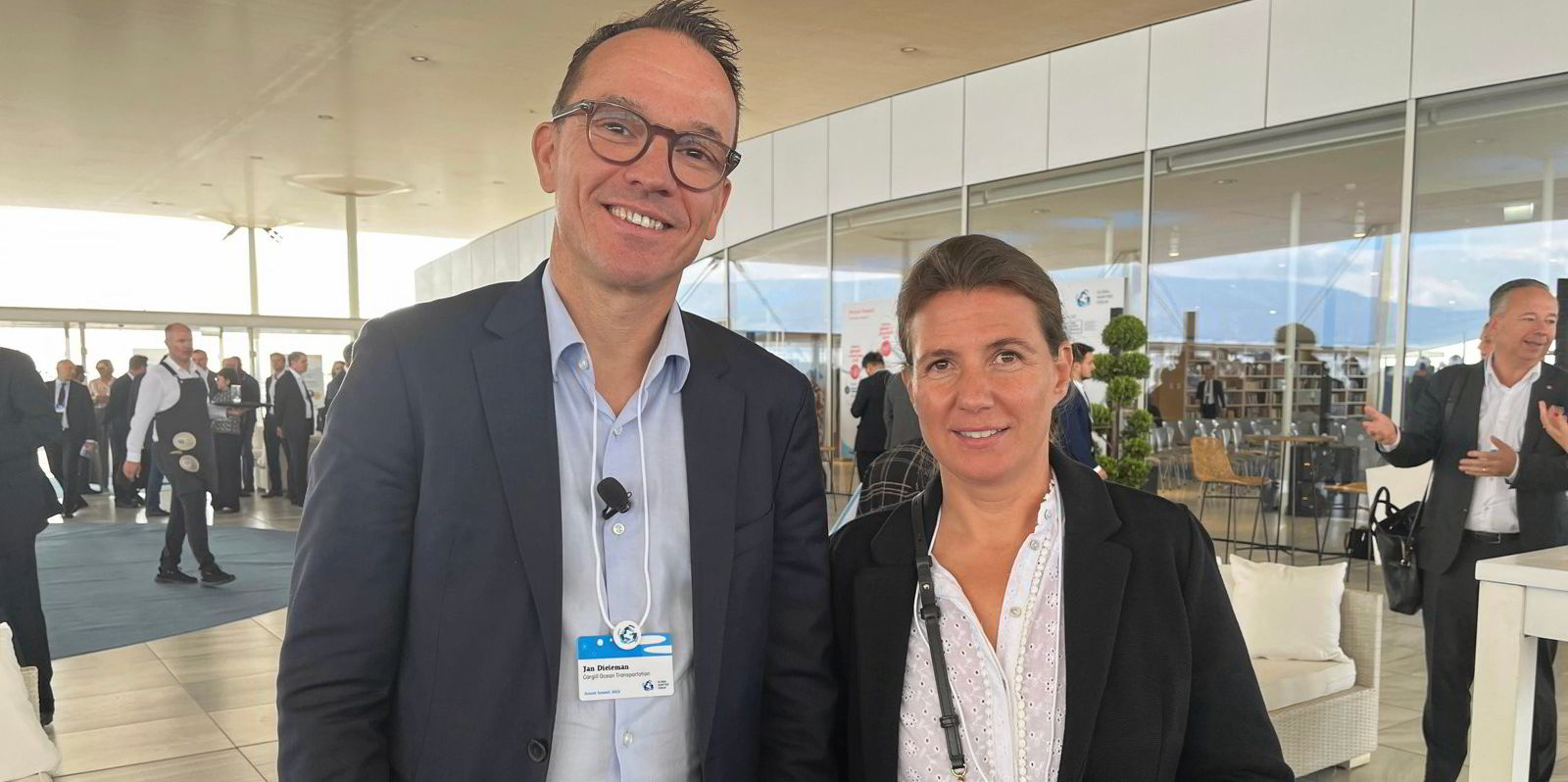Perhaps no other piece of news has raised Greek shipping eyebrows as much lately as the one suggesting that Chinese peers displaced them as the top dogs of international shipping.
Even though it ruffled a few feathers and hurt some Greeks’ national pride, the data is certainly no sign of crisis.
First, measuring fleet sizes in terms of gross tonnage (gt) , as Clarksons does in its World Fleet Monitor data that gave rise to the headlines, is a rather imprecise tool to measure vessels’ actual cargo-carrying capacity.
Unlike deadweight (dwt), gt has an in-built bias for non-cargo passenger vessels, of which countries such as China, with its hundreds of millions of citizens, have in abundance.
Second, the reduction in the size of the Greek fleet is a temporary factor that is likely to enhance, rather than diminish, the fleet’s strength in the long term.
This has been driven by an exodus of dozens of older tankers, which Greek owners have found the opportunity to sell at soaring prices.
Some of the amounts raised from these sales are already being reinvested in modern newbuildings. Once delivered, these ships will renew the Greek fleet and may push its numbers past those of China.
However, Greek tanker sales have not been free of controversy.
Opportunistic tanker sales
Mainstream media and opinion makers backing Ukraine in its war against Russia have frowned upon the fact that most of these tankers were sold to jurisdictions that have imposed no sanctions on Moscow.
According to TradeWinds data compiled on the basis of confirmed transactions, Greek sellers have offloaded a minimum of 221 crude and product tankers since Russia invaded Ukraine in late 2022, generating a staggering estimated total gross revenue of $6.5bn.
The average age of the ships sold was 17 years, with buyers or their managers based primarily in the United Arab Emirates, India, China, Hong Kong and Turkey.
However, criticism against such deals hardly conveys the whole picture.
Hellenes should be expected to account for the majority of such transactions, given their dominance in tankers.
Furthermore, Greeks are not the sole participants in the shipping industry eager to capitalize on selling vessels at lucrative steel prices. Several Western companies have pursued similar strategies, albeit with significantly less scrutiny and public attention.
The thing with sanctions
An even graver consequence of the sanctions is their erosion of the very foundation of tramp shipping, which had been instrumental in amassing Greek fortunes over the past few decades.
In the short term, shipping benefits from them, as sanctions create trade inefficiencies. With countries preferring to work with remote friends rather than irksome neighbours, goods are carried over longer distances, lengthening tonne-miles and boosting shipowners’ coffers.
Sanctions against Russia, for example, helped the tanker business escape from years of lethargy, turning it into a lucrative business.
However, Greek owners are aware of the long-term risks inherent in the situation.
Several have voiced reservations about the wisdom of employing sanctions that are progressively excluding significant portions of global trade from Western vessels.
Almost all of the Iranian and much of the Russian oil trade has already migrated to Eastern fleets. Any further deterioration in the relations between China and the West might put the Chinese trade off-limits as well — the single biggest client of bulker shipping.
“It seems to me like the world is splitting in two,” one major Greek owner told TradeWinds. “Overall we would prefer a world that’s peaceful and cooperative. But it is not up to us.”
Decarbonisation clock is ticking
However, much more than the geopolitical wobbles, the future of Greek shipping will ultimately depend on the new green propulsion technologies and the speed — or slowness — with which Hellenic owners will adopt them.
Some of them, especially those listed or exposed to the US, have already begun experimenting with dual-fuel vessels, carbon capture and large ammonia carriers.
However, the vast majority of Greek shipping still hesitates to follow them.
Unmoved by a sense of urgency conveyed by environmentalists and politicians that the time to invest in green technologies is now, most Greeks prefer to wait and let big companies and charterers make the first large-scale outlays.
Their main argument is that companies such as AP Moller-Maersk, which raked in multibillion-dollar profits during the Covid-19 pandemic, can afford to experiment while Greek firms cannot.
This rationale aligns with the self-perception of most Greek owners, who view themselves as small, vulnerable, family-owned businesses that risk getting wiped out if they set a foot wrong.
Only the future will tell if Greeks were right to hesitate or if they will eventually see themselves blamed for having fallen asleep at the wheel.







